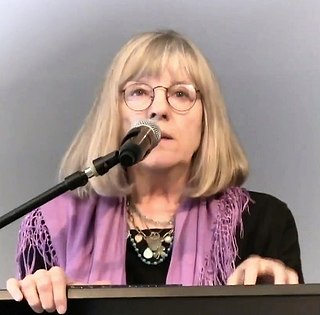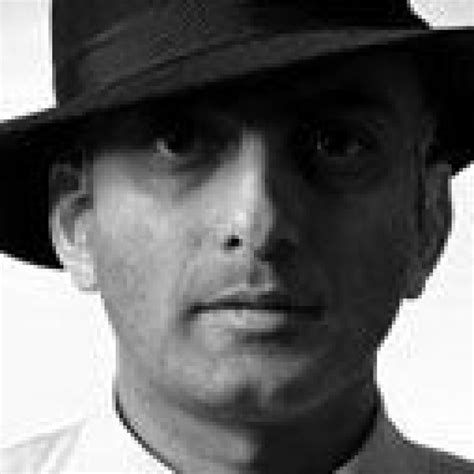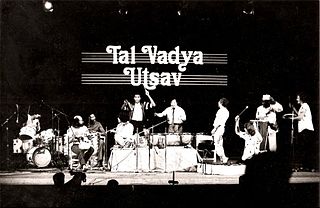A Quote by Alfred North Whitehead
Identification of rhythm as the casual counterpart of life; wherever there is some life, only perceptible to us when the analogies are sufficiently close.
Related Quotes
Some of us only meet in the most fleeting moments; some of us never meet, but still hear about one another and therefore cherish what we know from what we've heard, and mourn the loss, even though we're spared what the close-loved ones must endure - the ongoing pain of an empty place in the heart for the rest of life.
At the risk, then, of being shunned by some of my gloomier peers, I venture to tell you that writers work like demons, suffer greatly, and are also happy, in unmistakable ways, some of the time. If we had no knowledge of happiness, our novels wouldn't sufficiently resemble real life. Some of us are even made a little bit happy, on occasion, by the writing process itself. I mean, really, if there wasn't some sort of enjoyment to be derived, would any of us keep doing it?
We wander through this life together in a semi-darkness in which none of us can distinguish exactly the features of his neighbour. Only from time to time, through some experience that we have of our companion, or through some remark that he passes, he stands for a moment close to us, as though illuminated by a flash of lightning. Then we see him as he really is.
All life requires a rhythm of rest. . .
There is a rhythm in the way day dissolves into night, and night into morning. There is a rhythm as the active growth of spring and summer is quieted by the necessary dormancy of fall and winter. There is a tidal rhythm, a deep, eternal conversation between the land and the great sea.
How easily we make things as way, truth, and life. Or, we call hot atmosphere as life, we label clear thought as life. We consider strong emotion or outward conduct as life. In reality, though, these are not life. We ought to realize that only the Lord is life. Christ is our life. And it is the Lord who lives out this life in us. Let us ask Him to deliver us from the many external and fragmentary affairs that we may touch only Him. May we see the Lord in all things-way, truth, and life are all found in knowing Him. May we really meet the Son of God and let Him live in us. Amen.
TV acting is so extremely intimate, because of the peculiar involvement of the viewer with the completion or "closing" of the TV image, that the actor must achieve a great degree of spontaneous casualness that would be irrelevant in movie and lost on the stage. For the audience participates in the inner life of the TV actor as fully as in the outer life of the movie star. Technically, TV tends to be a close-up medium. The close-up that in the movie is used for shock is, on TV, a quite casual thing.
True. The one certainty about riding, Braygan, is that - at some time - you will fall off. It is a fact. Another fact you might like to consider, in your life of perpetual terror, is that you will die. We are all going to die, some of us young, some of us old, some of us in our sleep, some of us screaming in agony. We cannot stop it, we can only delay it.
It [music] has an awakening function. Life is a rhythm. Art is an organization of rhythms. Music is a fundamental art that touches our will system. In Schopenhauer's The World as Will and Idea he speaks of music as the sound that awakens the will. The rhythm of the music awakens certain life rhythms, ways of living and experiencing life. So it's an awakener of life.








































